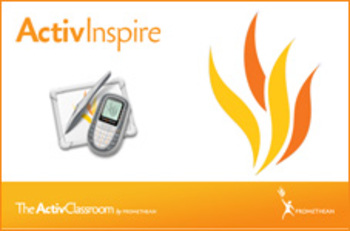Complete Astronomy Unit IV "The Inner Planets"
- Zip
- Easel Assessment
Description
Zip file of the complete Unit IV Astronomy "The Inner Planets." Includes an assessment folder with answer keys; student worksheets, activities and reviews in both Word and PDF format. Assessments in this unit have been converted and can now (also) be given online and auto-graded through Easel. Graphics were added in Easel with each assessment to help with student understanding.
Files also include two comprehensive PowerPoint lessons with up-to-date information and instructor slide sorter notes with many graphics and links to short videos. A 20-question interactive quiz/lesson review at Kahoot.it and a Quizizz.com online quiz are included as links in the last slide of each Power Point lesson; three supporting review programs with separate PDF files for color printable student worksheets; student outline notes/worksheets for each PPT lesson; assessments that include a quiz for each lesson and a unit test (in both PDF, Word and Easel); suggested textbook assignments using the "Astronomy Today" 8th edition textbook; activator questions/syllabus and other activities for beginning astronomy students.
A video worksheet folder has also been added which provides the video link to youtube in the title if the DVD is not available. Worksheets include the History Channel's Universe series "Mars: The New Evidence; Venus and Mercury: Inner Planets." The videos can be used when studying the topics in this unit. Students can answer the questions in order while watching the video.
Unit Four terms include:
MERCURY:
(physical data), Inferior/superior conjunction, aphelion and perihelion, Mariner 10, MESSENGER, Caloris basin, Spider basin, “weird terrain,” scarps, magnetic field, differentiation, polar ice
VENUS:
(physical data), Venera, Magellan, Pioneer, Maxwell Montes, albedo, runaway greenhouse effect, atmospheric pressure, infrared, sulfuric acid, volcanism, axial tilt
EARTH: (some topics also covered in Unit III “Earth /Moon System”)
physical characteristics; mantle, crust, inner and outer core, lithosphere, atmosphere, life
MARS:
(physical data), Mariner, Viking, Pathfinder, Sojourner, Spirit, Opportunity, Odyssey, Global Surveyor, Curiosity, Phoenix, Olympus Mons, Valles Marineris, Tharsis, Hellas Basin, Phobos, Deimos, polar ice caps, seasons, opposition, “Face on Mars," water evidence, atmosphere, future missions, life
astronomydad
Complete Astronomy Unit IV "The Inner Planets" Zip File Updated by astronomydad is licensed under a Creative Commons Attribution 3.0 Unported License.




